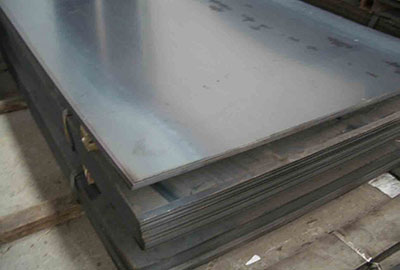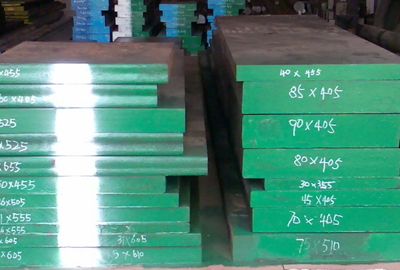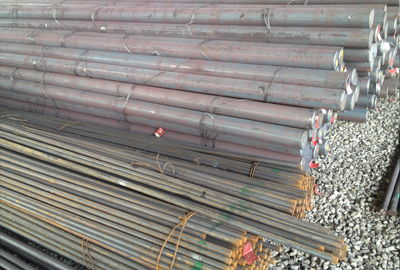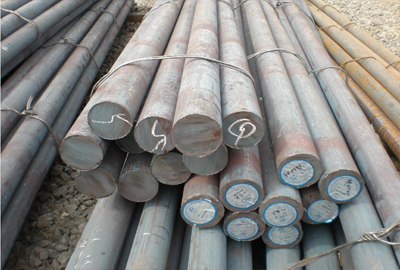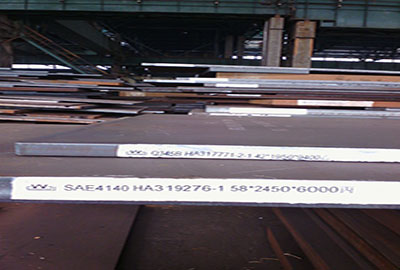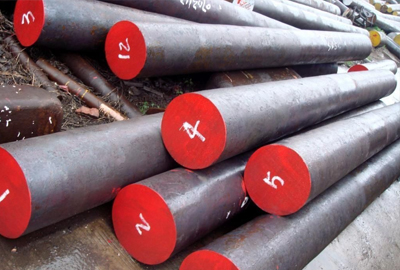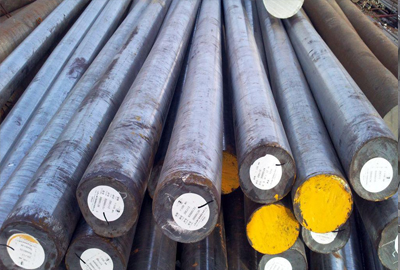Mat.No. 1.1221, DIN Ck60, AISI 1060
Short Description:
Designation by Standards Mat. No. DIN EN AISI 1.1221 Ck60 - 1060 Chemical Composition (in weight %) C Si Mn Cr Mo Ni V W Others 0.61 max. 0.40 0.75 max. 0.40 max. 0.10 max. 0.40 - - (Cr+Mo+Ni) = max. 0.63 Description CK60 is one of the higher carbon content (0.60%) steels. It is more difficult to fabricate than the lower carbon grades. Applications Shafts, bushings, connecting rods, nechanical engineering components, agricultural hand tools, large forgings, springs, cold rolle...
Product Detail
FAQ
Product Tags
Designation by Standards
Mat. No. DIN EN AISI 1.1221 Ck60 - 1060 Chemical Composition (in weight %)
C Si Mn Cr Mo Ni V W Others 0.61 max. 0.40 0.75 max. 0.40 max. 0.10 max. 0.40 - - (Cr+Mo+Ni) = max. 0.63 Description CK60 is one of the higher carbon content (0.60%) steels. It is more difficult to fabricate than the lower carbon grades. Applications Shafts, bushings, connecting rods, nechanical engineering components, agricultural hand tools, large forgings, springs, cold rolled strips. Physical properties (avarage values) at ambient temperature Modulus of elasticity [103 x N/mm2]: 210 Density [g/cm3]: 7.85 Soft Annealing Heat to 650-700oC, cool slowly in furnace. This will produce a maximum Brinell hardness of 241. Normalizing Normalizing temperature: 820-850oC. Hardening Harden from a temperature of 800-830oC, 810-840oC followed by water or oil quenching. Tempering Tempering temperature: 540-680oC. Tempering Diagram
Click the image to enlarge the diagram. Mechanical Properties in Normalized Condition
Diameter (mm) 0.2 % proof stress (N/mm2) Tensile strength (N/mm2) Elongation (%) up to 16 380 710 10 17-40 340 670 11 41-100 340 670 11 101-160 310 650 11 161-250 310 650 11 Mechanical Properties in Quenched and Tempered Condition
Diameter (mm) 0.2 % proof stress (N/mm2) Tensile strength (N/mm2) Elongation (%) Reduction (%) Impact strength (J) up to 16 580 850-1000 11 25 - 17-40 520 800-950 13 30 - 41-100 450 750-900 14 35 - 101-160 - - - - - 161-250 - - - - - Hardenability Diagram
Click the image to enlarge the diagram. Forging Hot forming temperature: 1100-850oC. Machinability Machinability of CK60 and all of the higher carbon steels is relatively poor. CK60 rates at 55 to 60 % that of the AISI 1112 steel which is considered 100% machinable. Corrosion Resistance This steel is not corrosion resistant. it will rust unless protected. Welding CK60 steel is weldable by all of the welding methods. However with its higher carbon content it is important to use both pre-heat at 150 to 260oC and post-heat at 590 to 650oC practice per an approved welding procedure. Cold working Cold working is difficult even in the annealed condition although it may be done by conventional methods but requires greater force than the lower carbon steels. Forms manufactured: Please see the Dimensional Sales Program. Disclaimer The information and data presented herein are typical or average values and are not a guarantee of maximum or minimum values. Applications specifically suggested for material described herein are made solely for the purpose of illustration to enable the reader to make his own evaluation and are not intended as warranties, either express or implied, of fitness for these or other puposes. There is no representation that the recipient of this literature will receive updated editions as the become available. Unless otherwise specified, registered trademarks are property of Metal Ravne company. Copyright 2015 by Metal Ravne. All rights reserved. Contact our Sales Office for more information.
FAQ Content
![[0{7)7UAZ(]4W{5TSMC65Q7](https://www.htsteelmill.com/uploads/077UAZ4W5TSMC65Q7.png)
